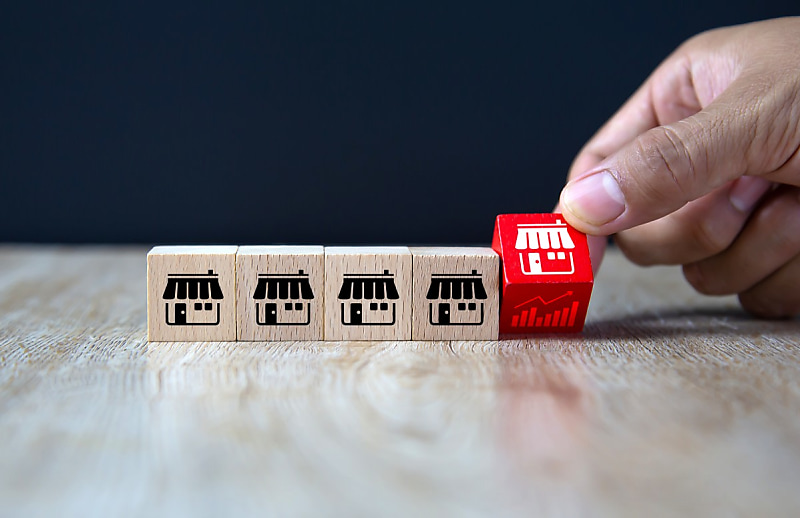Retail is to thank for January’s recovery in consumer spending, says NAB.
26 June 2025
New Broker Academy 2025
Uncover a new world of opportunity at the New Broker Academy 2025If you’re ready for a career change and are looking...
KNOW MORERetail is to thank for January’s recovery in consumer spending, says NAB.

Consumer spending rose by one per cent in January or 4.7 per cent over the year leading. The gains make up for a troubling December last year, which saw overall consumer spending drop by 0.9 per cent. These and other results were unearthed in NAB’s latest Monthly Data Insights report.
Discretionary and non-discretionary spending was up in January as consumers spent more on goods and, to a lesser extent, services.
NAB chief economist Alan Oster said the rise was “driven by a rebound in retail spending after the fall seen in December.”
Last month, retail spending was up by 1.6 per cent. Spending on retail goods accounted for the lion’s share of the overall retail increases (2 per cent m/m) and were only slightly offset by a dip in hospitality spending (-0/2 per cent m/m).
Most goods categories recorded monthly gains including department stores (3.4 per cent), household goods (1.8 per cent), food (1.2 per cent) and other retail (4.3 per cent). Clothing reported a modest decrease of 0.1 per cent.
According to KPMG, last year was a tough one for Australian retail. Only 30 per cent of retail executives described trading conditions as ‘good’ while 24 per cent regarded it as ‘poor’.
While last year’s challenges left two-thirds of SMEs feeling unconfident about the year to come, “The story was very different at the top end of town,” said Mark Fletcher.
Every top 10 retailer increased their yearly revenue and made more than $5 billion last year, while nearly half (41 per cent) of SMEs (41 per cent) performed below their FY2023 forecasts.
Retailers (63 per cent) are expecting consumer confidence to be the biggest challenge over the coming year followed by inflation (57 per cent), and labour costs (36 per cent).
“Part of the reason for the lack of positive perspective on 2024 is that the overwhelming proportion of retailers feel that the challenges are out of their control,” said NAB, as evidenced by the major concerns around consumer confidence and inflation.
Non-retail spending was mostly steady across the month, with modest increases in vehicles (0.1 per cent), essential services (0.2 per cent) and other spending (0.2 per cent).
“Changes in seasonal patterns continue to be a source of uncertainty, as well as the impact of prices on these nominal estimates, but the pickup in January is nonetheless an encouraging sign,” said Mr Oster.
Comments will undergo moderation before they get published.
Uncover a new world of opportunity at the New Broker Academy 2025If you’re ready for a career change and are looking...
KNOW MOREGet breaking news
 Login
Login
